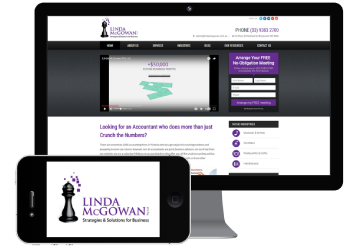In The Media
Included are samples of our articles that have appeared in the press. Click on the picture to view the article.
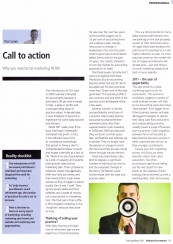
|
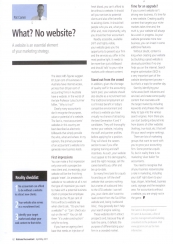
|
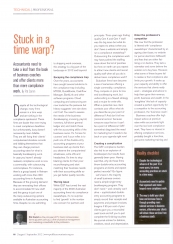
|
| Call to Action | What? No Website? | Stuck in a Time Warp? |
| National Accountant Journal | National Accountant Journal | Public Accountant Journal |
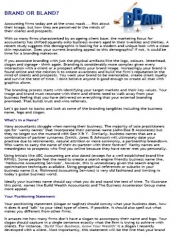
|
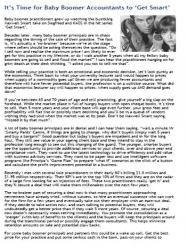 |
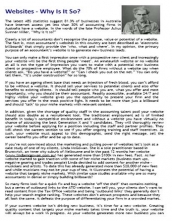
|
| Brand or Bland? | Baby Boomber Accountants Get Smart | Websites - Why Is It So? |
| National Accountant Journal | National Accountant Journal | National Accountant Journal |
|
February 3, 2014 Staff Reporter Magazine February/March 2014
Linda McGowan fits that mould. She has been advising small businesses for her whole career. Early on, she added a niche business – looking after musicians – to her ‘stock standard’ accounting practice, as her husband played in a rock band. Since then, she’s gone from self-confessed groupie to the business adviser that musicians will follow. McGowan has continued to apply the lessons learned from that sector to attracting clients from other industries. “No-one can afford to stand still, and accountants are no different,” she says. “Unless you come out of your comfort zone to learn how to grow your own business, how can you advise your clients? I invest a lot of money in myself to be able to find new ideas on marketing and how to do business.” For McGowan, the secret is to find the right market sectors and to use technology –primarily, a well-crafted website, aided by cloud-computing accounting software – to work with clients in real time, rather than pay the proverbial yearly visits with a shoe box of receipts. “We’re marketing to many niches, picking up clients in all areas,” she says. “While most of our clients are in Brunswick, where we are, we have clients in NSW and all over Victoria.” This resonates with Pat Camm, who runs a marketing consultancy for accountants. Camm points out that the majority of suburban accounting practices claim to specialise in the same things: self-managed super funds, business start-ups and gearing in property. “That is a very crowded space,” he reflects. Camm instead recommends evolving into an accountant with skills and connections in an industry or area of technical expertise that most others don’t have, as long as it’s big enough to make it work for the firm, given the effort involved in marketing and gaining specialist knowledge – and staff. Take it at a fast canter Harness racing is one such example. Paul Dobson, principal at SBG Accountants, is a passionate horse owner and breeder and is a regular at Melbourne’s Melton trots on Friday nights. He has the field almost to himself. In addition to harness racing, Dobson says his firm has built a reputation as a specialist with real estate agents, franchises, medical practitioners and the various building trades. “We have generated many opportunities by marketing to niche groups, creating brand awareness and exposure to be seen as a leader in those industries,” he says. “Clients are looking for their accountants generally for two things: solve their problems and add value to their business. Understand the niches you are marketing to. Look at it from a ‘what’s in it for them’ perspective and at the end of the day, results will follow.” Camm also puts great store on networking and using online tools – such as blogging, specialised newsletters and social media – to generate business, especially for a new generation of clients. “Accountants are very good technicians, but that doesn’t mean they can write content,” he asserts. “And taking ‘cookie cutter’ newsletters with slabs of tax commentary won’t work for small business clients. They want to know about ways to grow their business and make more money.” Five tips on choosing your niche 1. Choose fields where you have an unusual degree of industry or technical understanding. 2. Choose fields big enough to justify spending on marketing and gaining specialist knowledge. 3. Use technology to market your business and to work with remote clients (now that you’re no longer just servicing locals). 4. Consider offering yourself as an adviser to second-tier firms, whose clients want top-tier specialist expertise. 5. Avoid areas in which many accountants already claim to specialise |
|
|
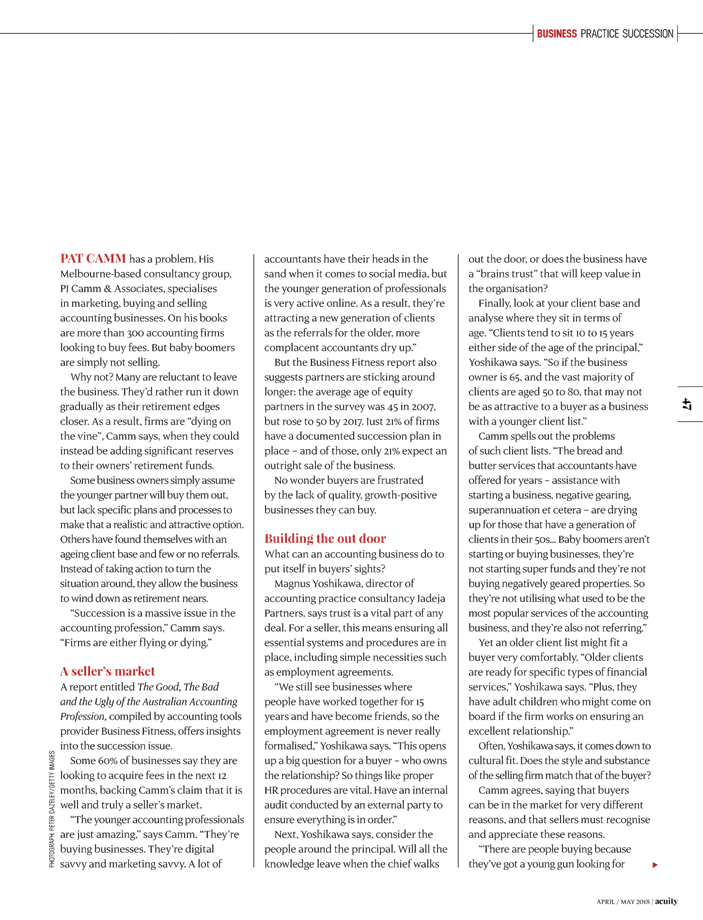
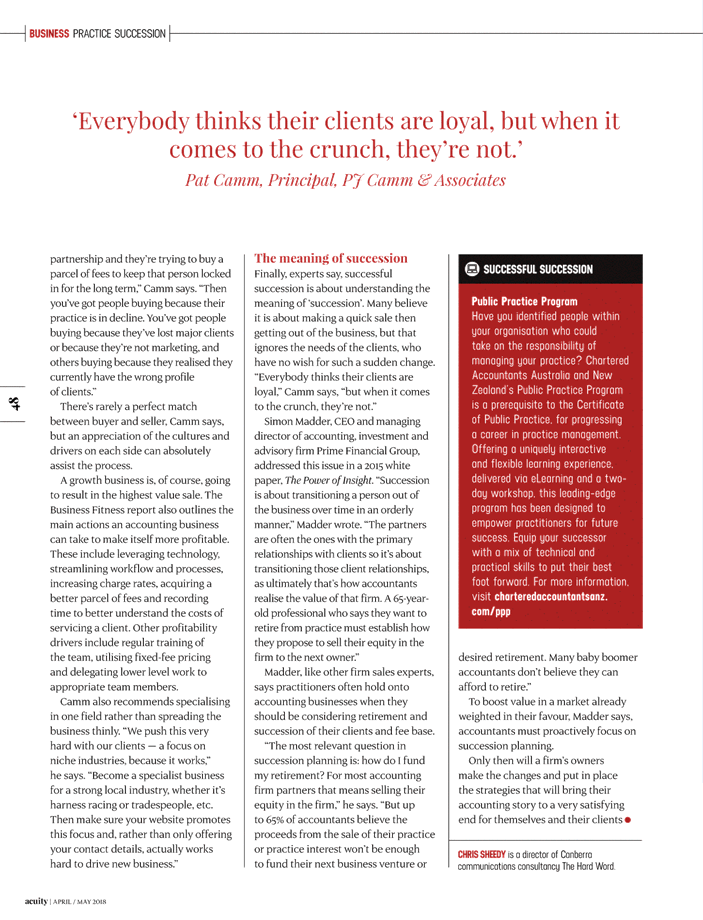








-P-J-Camm-banner.jpg)






